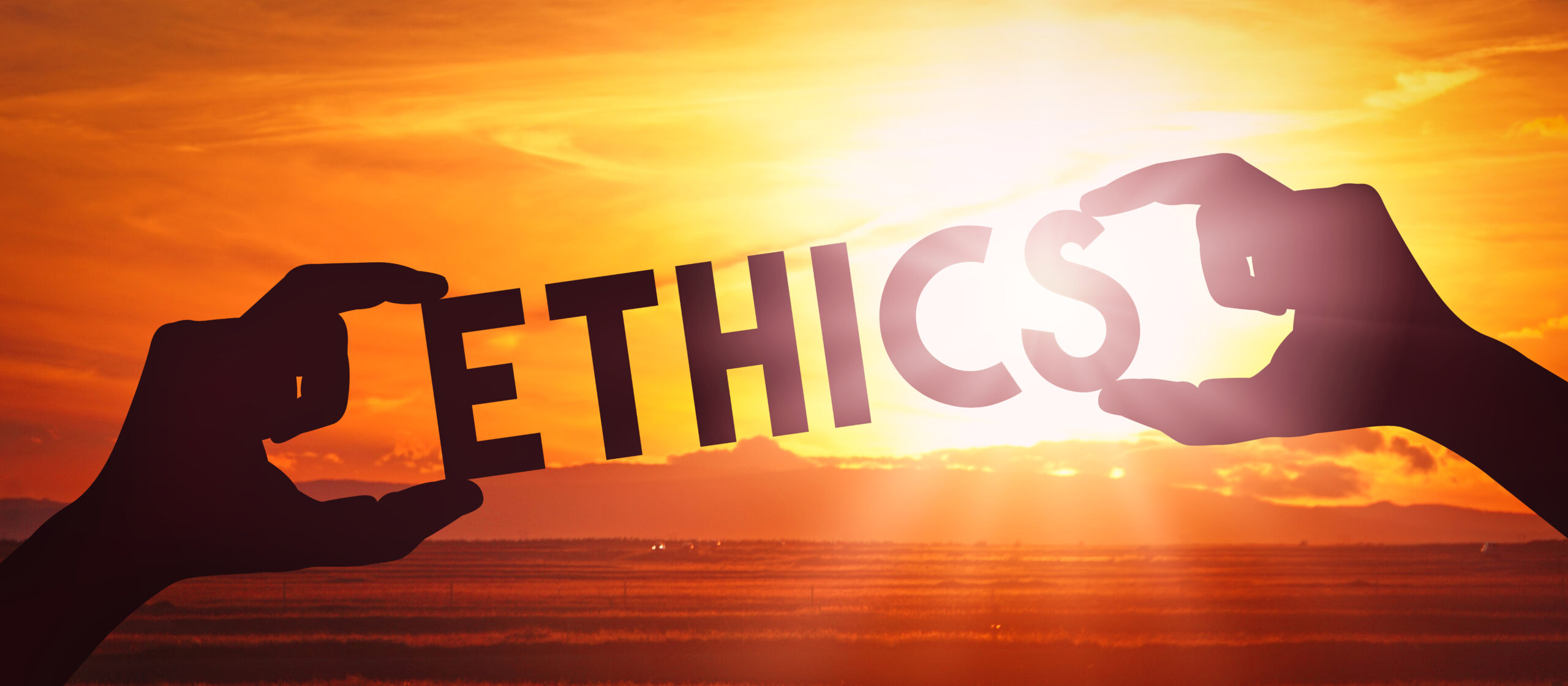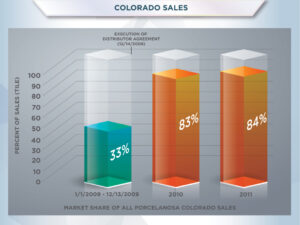Ethical Considerations in Legal Videography
By providing this comprehensive guide, AB Litigation Services aims to empower legal professionals in making informed decisions when selecting a professional legal videographer for their crucial cases.
Part III
In the realm of legal videography, ethical considerations are extremely important. A professional videographer not only captures moments but does so with the utmost respect for privacy, confidentiality, and unbiased documentation. Let’s explore the ethical pillars that define our approach at AB Litigation Services.
Adherence to Privacy and Confidentiality
- Respect for Attorney-Client Privilege
Legal proceedings often delve into sensitive information protected by attorney-client privilege. A professional legal videographer understands the sanctity of this relationship and takes every measure to respect and preserve the confidentiality of discussions between attorneys and their clients. This includes secure handling of recorded material and maintaining the confidentiality of sensitive conversations.
- Compliance with Legal and Ethical Standards
Ethics and legality go hand in hand. Our commitment to ethical legal videography extends to full compliance with legal standards. From consent procedures to respecting courtroom rules, a professional videographer ensures that every step adheres to the highest ethical and legal standards, providing a foundation of trust for all stakeholders involved.
Unbiased Documentation
- Maintaining Neutrality in Filming
The role of a legal videographer is that of an impartial observer. We understand the importance of maintaining neutrality in our filming approach. By refraining from editorializing or injecting personal biases into the footage, we ensure that the recorded material remains a true and accurate representation of the events as they unfold.
- Avoiding Editing that Could Mislead
Editing is a powerful tool in the videographer’s arsenal, but it comes with a responsibility to uphold the truth. A professional legal videographer exercises extreme caution when editing footage, avoiding any alterations that could mislead or distort the intended meaning. The goal is to present an unbiased and unfiltered account of the events, allowing the footage to speak for itself in a courtroom setting.




